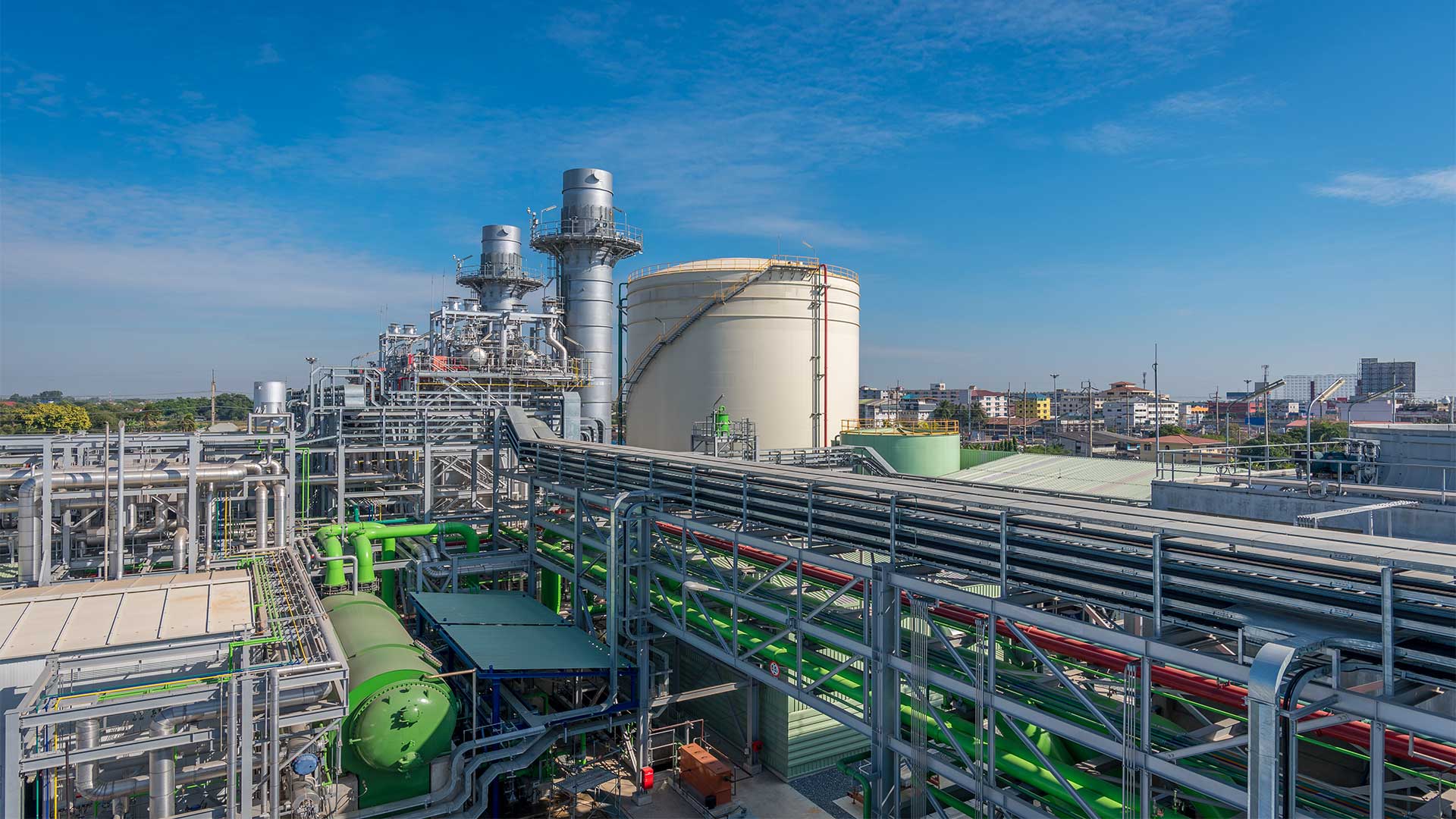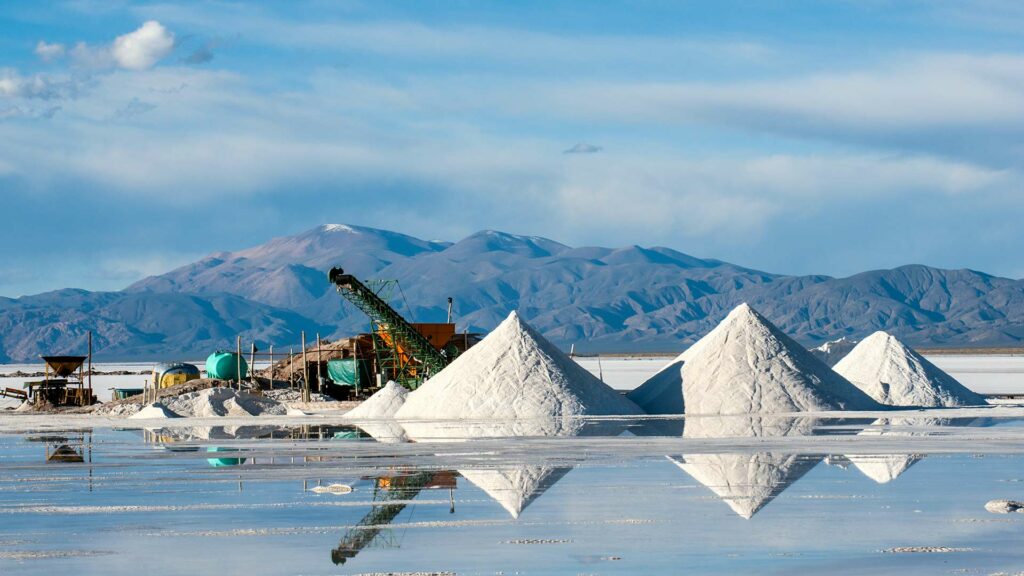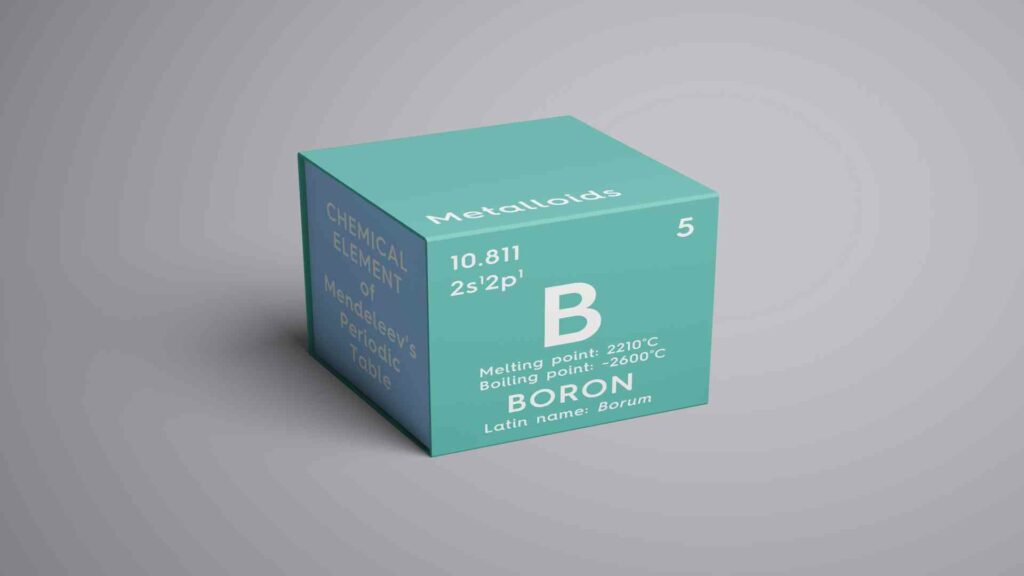How is Boron Beneficial for Heat Conversion?
This is a topic of interest for many scientists, engineers, and chemists due to its unique properties. It is an element that plays a vital role in heat and other energy conversion processes. Additionally, it is important for storage in nuclear power plants. It is also used as a conductor of heat. Therefore, it has many applications in the future. One interesting property of boron is that it is made into powders with varying degrees of hardness. So it can potentially provide solutions for both low-carbon emission vehicles and high-temperature industrial processes.

Boron for heat conversion
- It brings benefits for heat energy conversion. It is a catalyst to convert hydrogen gas into electricity.
- It works best with solid oxide fuel cells. These cells are developed specifically for use in cars.
- Potentially acts as an internal heat conductor. Hence, it allows nuclear power plants to run more efficiently and safely.
- There are many ideas about using boron as a coolant or a fire suppressant at high temperatures. This is because it easily dissolves in water.
Does Boron play a vital role in energy conversion and storage?
Is it a good conductor of heat? What makes it so special for heat conversion? This post will examine the different ways that this element is used when developing new technologies. And how it leads to more efficient use of current resources.
The use of boron in heat conversion is a fairly new development. But it has the potential to provide major benefits for industries and businesses. Boron-based alloys are used in high-temperature applications such as nuclear power plants. They show an increase in heat transfer rates by up to 2%.
To better understand how it affects the industry, we need to only look at the auto industry. Every pound of steel that is saved on a car saves about $2-$3 on fuel costs. The savings from increased heat transfer, therefore, means significant cost reductions for many industrial operations.
Boron for heat conversion in nuclear power plants
Boron-based alloys allow for higher operating temperatures in nuclear power plants. This is not only a boon to the efficiency of these systems. But it also can help reduce maintenance costs and downtime due to lower corrosion rates.
In addition, a boron catalyst shows an increase in heat conversion by up to two percent. Just consider the amount of energy lost from the coolant during the use of water as an intermediary fluid. Then this percentage makes a big difference on heating bills and other related expenses. The difference is noticeable if it were applied elsewhere in the industry. Especially, if it is used in high-temperature situations like boiling.
More research into its applications may show even greater benefits. Fortunately, we don’t have to wait for long. GE recently announced plans for introducing Boron-based boiling water reactors in the coming years.
It will be interesting to see if this element proves to be good enough. It wins over others for high-temperature applications like nuclear power generation or coal mining where safety is paramount.
Boron for heat conversion in the auto industry
The use of boron in the auto industry is also significant as it aids in both heating and cooling.
It increases fuel efficiency by up to two percent over competing materials. It is due to its ability for better heat conversion. Firstly, Boron also reduces the corrosion rates by decreasing coolant costs. Later, it increases the warmth with its capability to conduct energy by two percent more than other elements. This beneficial metal is applicable in any industrial setting where safety is paramount. It has big applications in nuclear power generation or coal mining. Additionally, it goes all the way down to cars. Because the auto industry also benefits greatly from this strategic element that improves engine performance and fuel economy.
The heat-conducting ability of boron makes it useful not only for heating buildings. But it also acts as a part of conversion systems like molten salt power plants or chemical looping combustion generators (CLC). In these cases, it’s role isn’t just one task. It takes on many roles by conducting heat conversions through the entire system.
Boron in molten salt power plants
It takes part in some molten salt power plants to provide a more stable heat source. These power plants use an arrangement of two tanks, with reactors between them. The bottom tank contains hot liquid potassium chloride and sodium or lithium fluoride. The temperatures are set up to 700˚C (1292°F). This heats water flowing through pipes on top of it. So the steam flows out from those pipes into the reactor vessel above it.
Here, natural gas reacts with oxygen and steam together to release energy. Then, this energy spins turbines connected by shafts from generator coils, and finally, generating electricity. As liquids cool down over time they cycle back around for reuse within this system. Later, it helps maintain their stability as salts lower in melting point. It prevents the crystallization of these salts.
Boron in Chemical looping combustion generators
In chemical looping combustion generators, It helps maintain the stability of the liquids (salts) as they cycle through the system. As these salts cool down over time, they should not crystallize when cooled to a lower melting point.
Boron’s role in the International Space Station
In the International Space Station (ISS), It provides structural integrity. It prevents metals from corroding when exposed to atomic oxygen or high-energy particles.
It also protects against solar flares because it blocks harmful UV rays. It has a high melting point. The existence of boron during these events reduces exposure to radiation by about 90%. This makes sense as most people understand that diamonds are rare. But with energy conversion, we can create an affordable alternative.
How to utilize Boron within your business?
Firstly, you need to understand that it could save up to two percent of your energy costs. It also saves fuel expenses. Therefore, assess the current surface area that it would be applied.
Next, purchase it from a reputable supplier. Ensure that he has the products in stock for quick delivery time. You’ll need this heavy metal today.
Finally, follow all safety protocols when handling boron so as not to harm yourself. Remember to also protect others around you with its ability to conduct more heat than other elements. This can include installing proper ventilation systems during installation. Furthermore, have only one person handle at a time on an appropriate workstation (keeping tools clean).
It is a natural mineral available for centuries as an industrial material. It has many applications in the business world. It is used in a variety of ways to improve work conditions and production. The use of Boron is beneficial to the economy because it creates more jobs and reduces costs. Plus it does not have any negative environmental effects when compared with other materials.
In Conclusion
An energy conversion plant that uses Boron has a high thermal efficiency rate of up to 60%. This is significant, especially when it comes to the biggest concerns with fossil fuels: pollution and emissions. The fuel they burn produces far less air pollution. It also controls the carbon dioxide emission than coal-fired power plants or natural gas plants do for their heat output. Additionally, it’s combustion does not produce hazardous particles like soot or ash. This means there are fewer problems in wastewater treatment processes. These processes are costly if left untreated.
In terms of its physical properties as an industrial material, it is strong but lightweight. Furthermore, it resists corrosion from chemicals and moisture.
The research done by scientists and engineers around this element will continue for years to come. It has extensive applications in future technologies. Therefore, explore it and make the best use of it for your industry.





